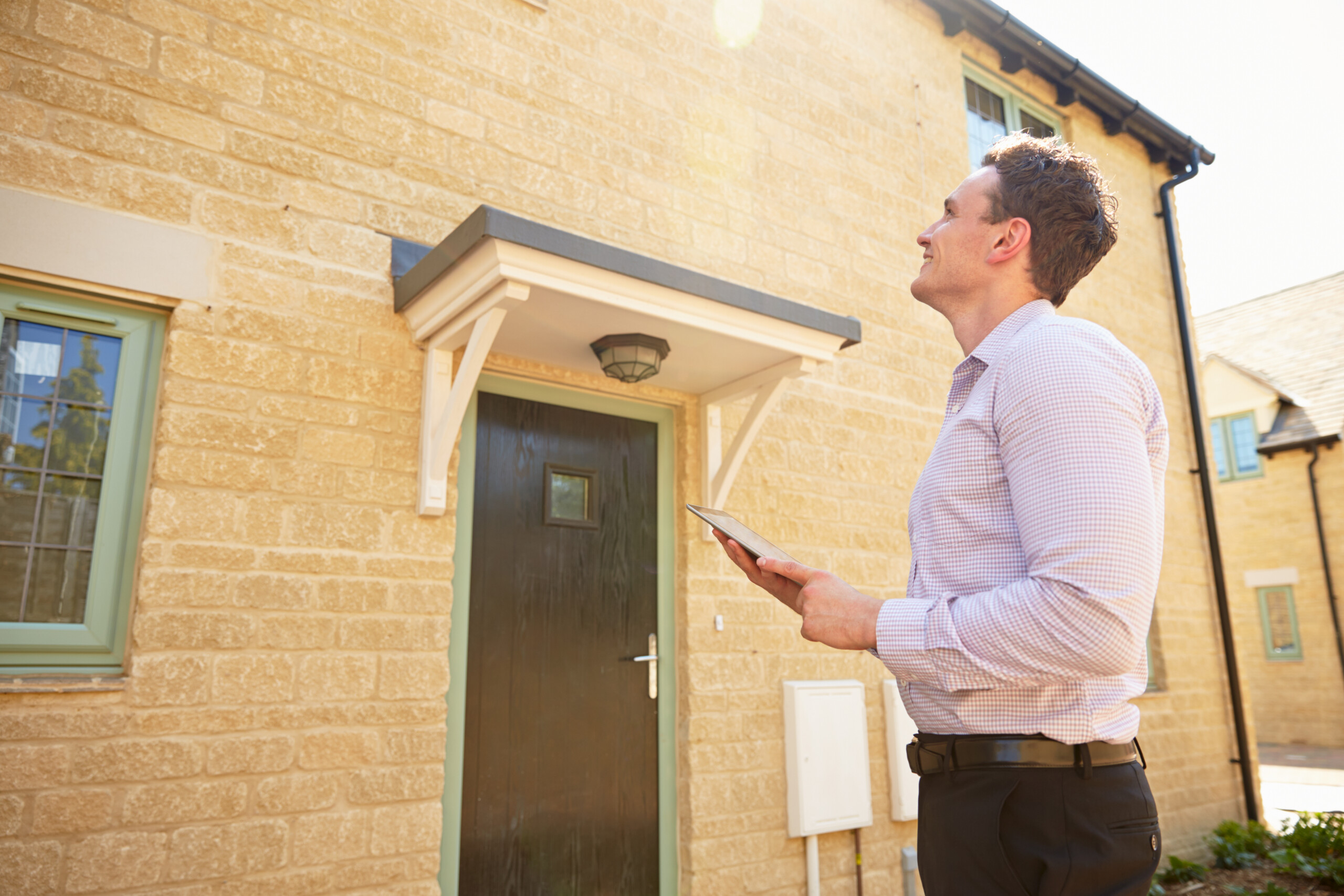
Date posted: 21st Jun 2022
In common with other types of businesses, expenses are unavoidable when running a property business. However, subject to certain conditions, it is possible to obtain tax relief for the expenses of running a property business.
Allowable expenses
The general rule is that a landlord can deduct revenue expenses which are incurred wholly and exclusively for the purposes of renting out the property.
Examples of typical expenses incurred by a landlord running a property business for which a deduction may be available include:
- advertising costs;
- accountancy costs;
- cleaning costs;
- letting agency fees;
- gardening costs;
- repairs and maintenance;
- cost of utilities where met by the landlord;
- council tax where met by the landlord;
- legal fees;
- travel costs.
No relief is available for costs met by the tenant. Typically, a tenant in a buy-to-let would pay the utility bills and the council tax. However, where a landlord lets furnished holiday accommodation, the utility bills and any business rates may be paid by the landlord. These can be deducted.
Interest and finance costs
Landlords running a property business cannot deduct interest and finance costs, such as mortgage interest, when calculating their taxable profit. Instead, they can deduct 20% of those costs from the tax that they owe. The deduction is capped at the amount of tax – it cannot generate a repayment. However, any unrelieved interest and finance costs can be carried forward.
These rules do not apply to furnished holiday lettings, in respect of which interest and finance costs can be deducted in full in calculating profits.
Private and business expenses
Relief is only available for business expenses, and where an expense is incurred for both private and business purposes, relief is only available if the business element can be separately identified. If a car is, for example, used both privately and for the business, relief is available for business mileage costs, but not private journeys. Approved mileage rates can be used.
Domestic items
Separate rules also apply to domestic items, such as furniture, furnishings and white goods, in a residential let. No relief is available for the initial cost of the item, but where the item is replaced, the cost of a like-for-like replacement can be deducted in calculating profits.
These rules do not apply to furnished holiday lettings.
If you are considering acquiring a property to let out, please give us a call to discuss the tax implications.


